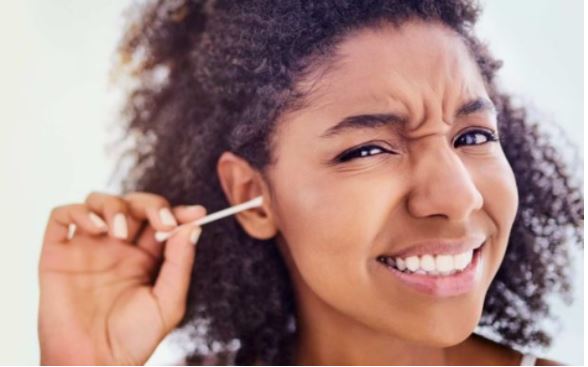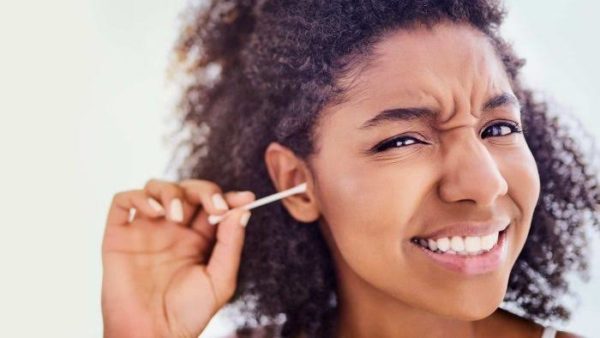Lifestyle
Why you should never use cotton buds to clean your ears

We all like the feeling that comes with cleaning our ears with cotton buds or swabs; it tickles but still gives a relaxing sensation.
Unfortunately, that sensation we like to experience has its consequences; it may seem harmless enough, but they can be dangerous when used.
Although some people think it to be the fastest method to remove excess wax and debris from their ear canals, medical experts warn against it.
Many catastrophes resulting from using cotton swabs have been recorded.
From punctured eardrums to super impacted wax, there are many negative consequences associated with “do-it-yourself” ear cleaning.
However, it is good to note some of the reasons why using these buds are harmful:
1. Earwax is useful
Earwax has a couple of useful functions besides being gross. It has antibacterial qualities to prevent infections, it operates as an insect repellent to keep bugs out of your ears, and it helps to lubricate the ear canal, which prevents dried out, itchy skin.
2. Cotton buds drive earwax up against the eardrum
Using cotton swabs is actually dangerous. When you force any foreign object into the ear canal, you’re moving most of the earwax up against the eardrum. This can rupture the eardrum or can cause an impaction that will lead to hearing loss.
3. Earwax removes itself
The ear is configured to remove its own earwax. The normal movements of your jaw—from talking, eating, or yawning—will push the earwax to the outer ear. All that’s called for from you is normal showering and cleaning the outer ear with a cloth.
4. Excessive earwax removal causes dryness
Earwax has lubricating and antibacterial qualities, so if you eliminate too much, you’ll have a dried out, itchy feeling and will be more susceptible to infections.
What you should do instead
There is a variety of commercial (and homemade) solutions you can use to flush out your ears, which is far safer than inserting foreign objects into the ear canal. However, if you’re having issues with too much earwax or you’re having trouble hearing, it’s always best to seek the advice of a hearing professional.








